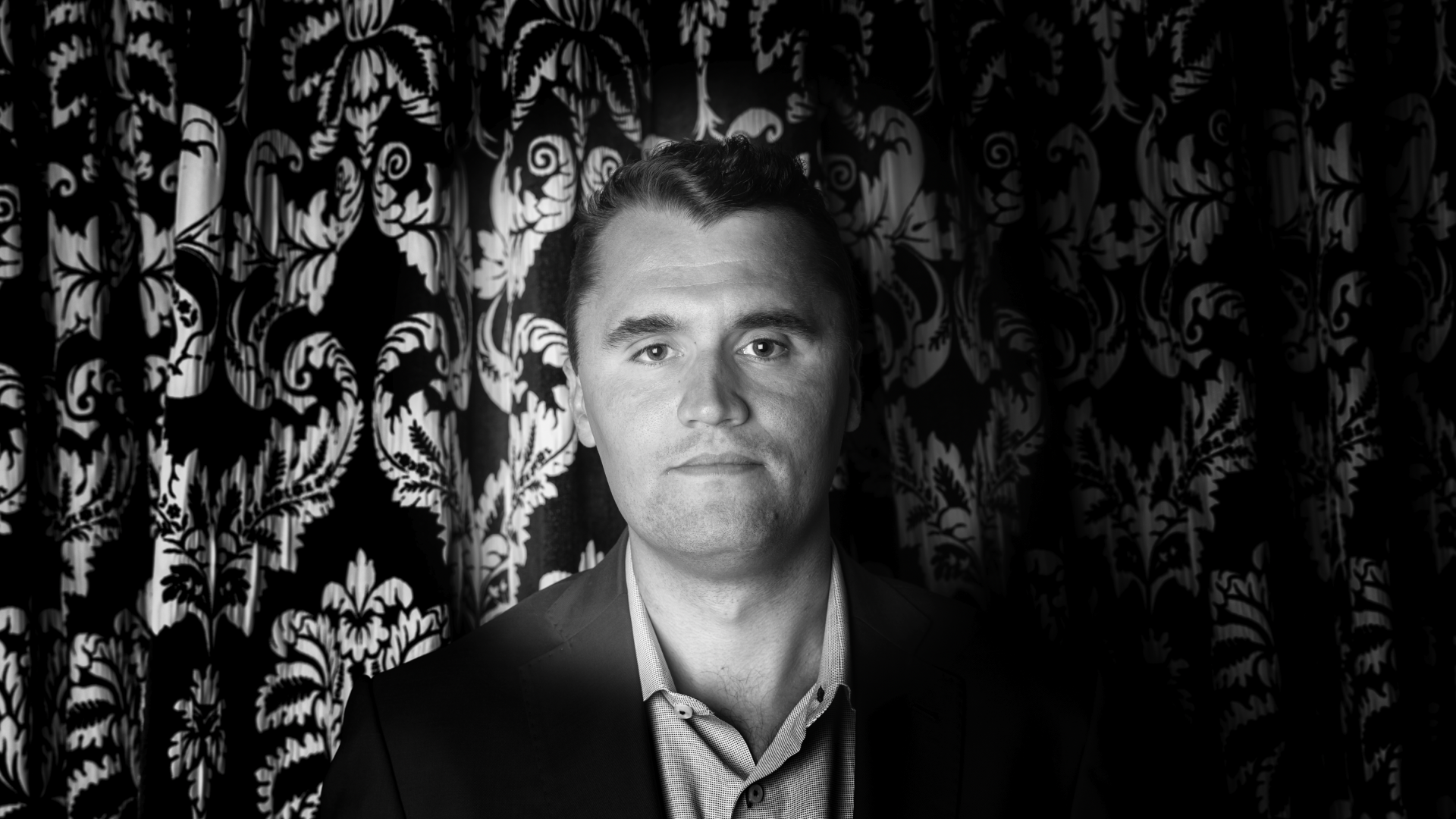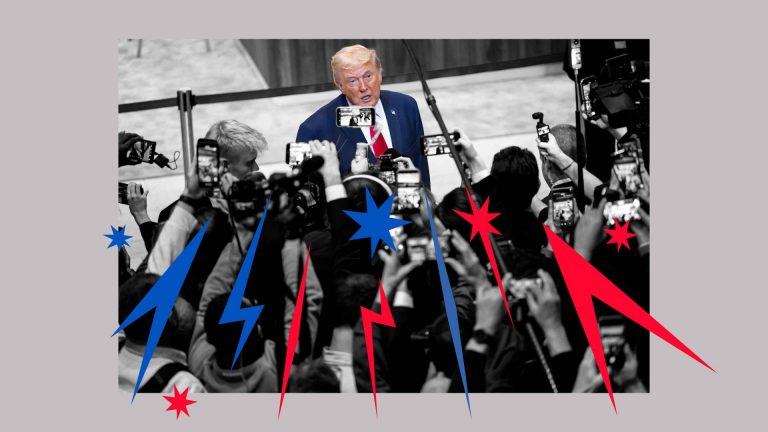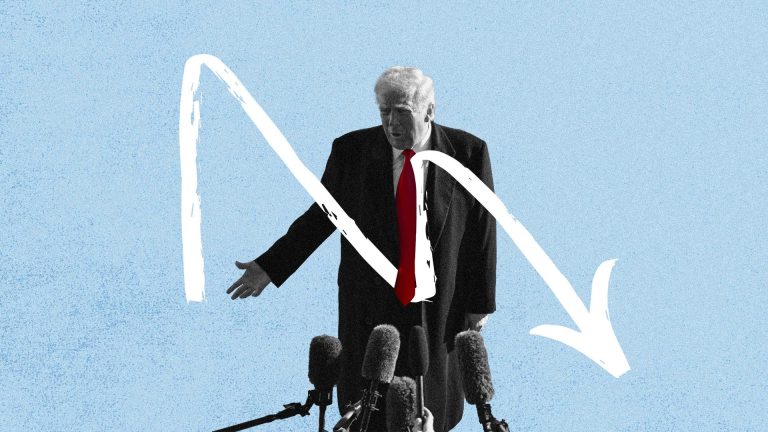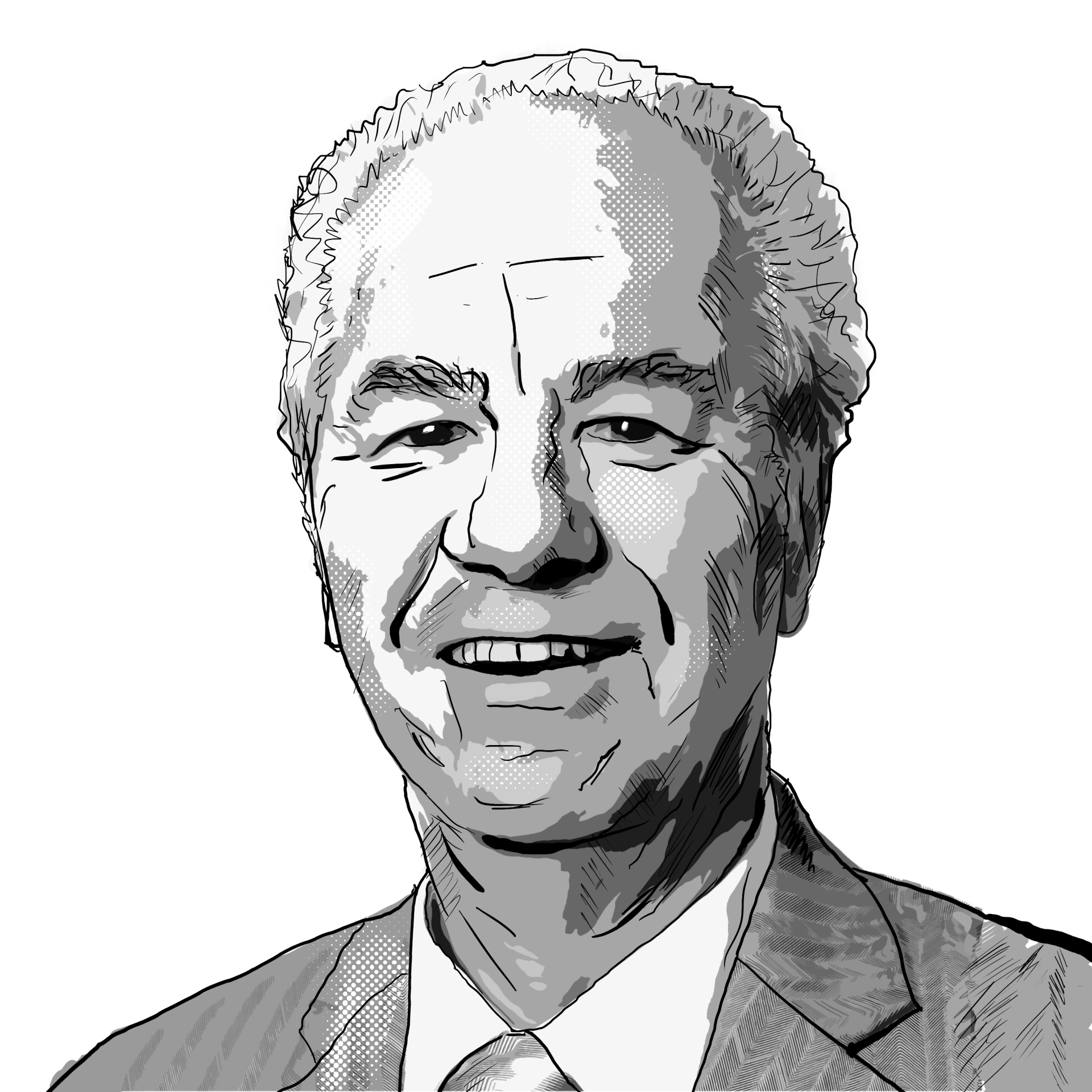Every horror sprays psychological shrapnel and the assassination of a prominent public figure sprays more than most. Even before the death of Charlie Kirk was announced by Donald Trump at 4:40 pm ET, social media was busily doing its wicked work: speculating, screaming, even celebrating the shooting without a shred of decency.
All of this indecorous cacophony missed the point about Kirk and what made him so consequential. When I was covering the 2024 presidential election, I watched hundreds of hours of podcasts and videos to try to deepen my sense of what was happening to America in this extraordinary contest.
Much of it was ugly, depressing, dark in spirit. But, amidst the fury and noise, Kirk, who was only 18 when he co-founded the conservative campaign organisation Turning Point USA in 2012, stood out as genuinely intriguing and innovative.
His strongly right-wing politics were not mine or those, I imagine, of most TNW readers. But his political methods were admirable. He headed to as many campuses as he could and invited students – many of them deeply hostile – to persuade him that he was wrong. Here was a pro-life, anti-woke, anti-DEI, pro-Second Amendment ally of Donald Trump who was asking people disposed to hate him what they believed and why.
The videos – check them out on YouTube – are often compelling. Unlike the Daily Wire podcaster Ben Shapiro and right-wing shock jock Steven Crowder who have hosted similar events, Kirk never sought to belittle his interlocutors. Often, they were overwhelmed and tongue-tied; Kirk would step in to make them feel more comfortable, asking them whether he was right in his understanding of the point they were trying to make.
Then, he would try to rebut their arguments, carefully, graciously, in a civil fashion, before listening to their own response; and so on. His method was Socratic, not confrontational. Only rarely did these exchanges descend into antagonism. In behaviour at least, he was the opposite of a Proud Boy militiaman; a true believer in the public space, what the Athenians called the agora, rather than in the power of the mob.
Everyone says that what we need in our polarised world is polite discussion across the chasm. But vanishingly few people actually do anything about it. Seated under his awning, mic in hand, Kirk took on all-comers and was, in that sense, a model of political decency.
Suggested Reading
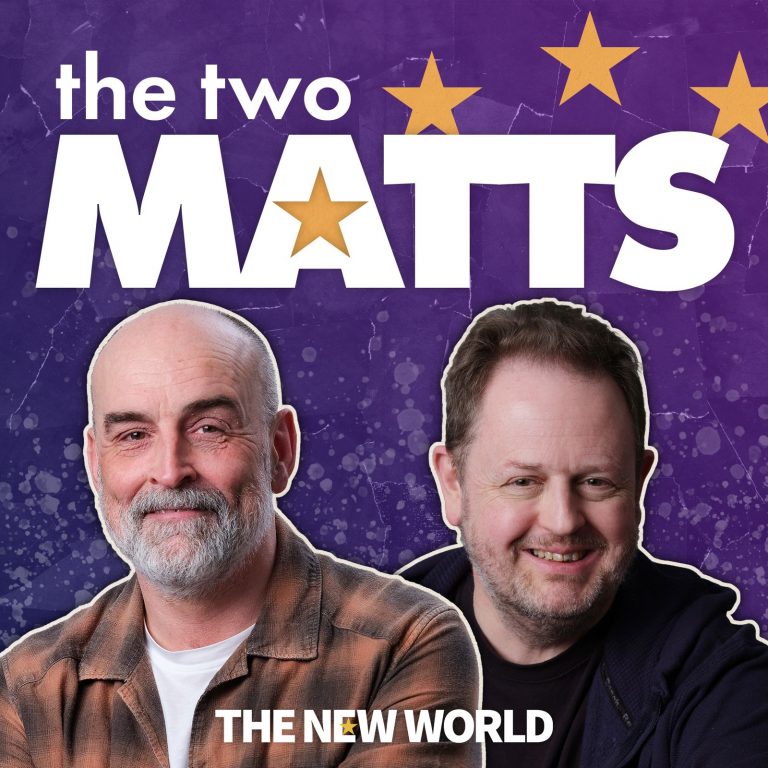
The killing of Charlie Kirk and the fall of Peter Mandelson
To my mind, in our cantonised world, the spirit of that project matters more than the particular ideology which he propagated. It is no accident that, unlike most MAGA activists, Kirk was well-liked across the partisan aisle: in March, he was a genial guest on Gavin Newsom’s podcast (the California governor responded speedily to the shooting on X yesterday, condemning it as “disgusting, vile, and reprehensible”, one of many Democrats to offer more than routine condolences). In December, he and the left-wing populist Cenk Uygur, host of The Young Turks talk show, chatted amiably onstage at a TPUSA event.
Strange as it may seem to frame it thus, he was probably the most effective community organiser in US political life since Barack Obama: by the time of his death, his coalition numbered 3,500 high school and campus chapters and 750,000 activists. Initially inspired by the small-government Tea Party movement, he achieved what no American conservative had done since William F Buckley Jr founded Young Americans for Freedom in 1960; which was to detach the ideas of the right from their conventional association with stuffy middle age.
Much of the Republican Party’s ground-game in last year’s presidential election was contracted out to TPUSA and Trump’s surge among young voters – still baffling to most Democrats – was in large part a reflection of Kirk’s campaigning savvy.
As a young millennial and a digital native, he was a strong advocate, along with Barron Trump, of the candidate’s appearance on long-form podcasts. He also swam strongly in the waters of social media, with 5.4 million followers on X and 7.3 million on TikTok.
Suggested Reading
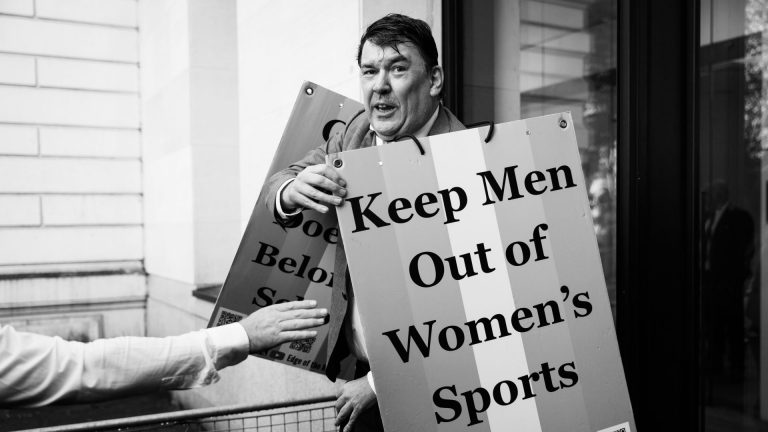

Dear liberals, don’t forget what free speech means
Though Elon Musk was the headline-generating sensation in Trump’s campaign entourage – how long ago that seems – Kirk was no less influential at Mar-a-Lago. He has been widely credited with helping to persuade the presidential nominee to pick J.D. Vance as his running mate.
Few on this side of the Atlantic will be grateful to him for that, of course. But it is a measure of his role in Trump’s improbable return to the White House that his opinion was taken so seriously.
Equally, when he criticised the second Trump administration over the bombing of Iran and the delay in releasing the Jeffrey Epstein files, his dissent caused authentic concern at the very apex of the administration.
Let us suspend our political differences briefly and recognise, without qualification, that his murder at Utah Valley University is a straightforward tragedy. For now, all conjecture about the assassin’s motive is pointless and self-indulgent: at the time of writing, two individuals have been detained and rapidly released. The manhunt continues.
It was deeply crass of Trump, in his four-minute video statement from the Oval Office, to tarnish his tribute to Kirk with attacks on the “radical left”. It was tasteless of Illinois governor J.B. Pritzker, a potential Democratic candidate in the 2028 presidential race, not only to condemn political violence but to declare that “the president’s rhetoric often foments it.” It was dismal to see a row break out on the floor of Congress when the Republican representative for Colorado, Lauren Boebert called for a spoken prayer in memory of Kirk.
All this impulsive discord is at odds with the requirements of the moment. In due course, there will be plenty of time for righteous speeches and tracts about poisonous rhetoric, gun restrictions, and who, precisely, is to blame for the continuing wave of political violence in the US.
In the baleful shadow of death, everyone, on all sides, will claim, with theatrical regret, that their views have been vindicated. They always have and they always will. Pomposity scurries reliably after tragedy.
But not, I hope, today. In these terrible circumstances, it would be better to recall the words of Robert F Kennedy Sr after the assassination of Martin Luther King in April 1968, only two months before his own death, and his call to his fellow citizens to follow the wisdom of Aeschylus: “to tame the savageness of man and make gentle the life of this world”. The more distant that objective seems, the more important it is to restate it.
These are perilous times for the republic. But the least that Charlie Kirk and America deserve, on this blood-stained morning, is a moment of civility.


